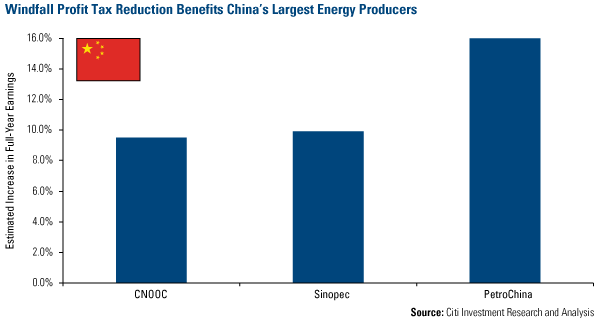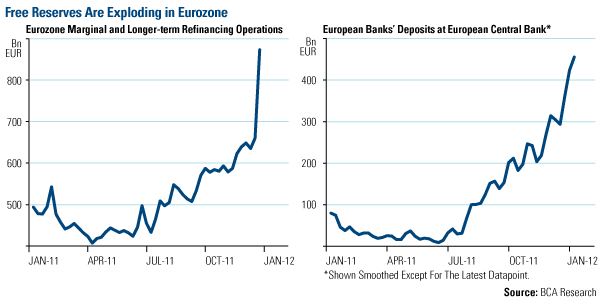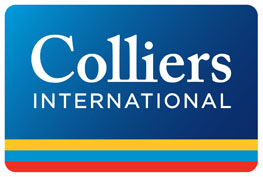Emerging Markets
Strengths
- China’s December official PMI rose 1.3 percent to 50.3 from November’s 49. PMI above 50 indicates the manufacturing activities are at expansion. The better than expected PMI may indicate China is in a soft landing. China’s December non-manufacturing PMI also went up from 49.7 in November to 56.
- Central Huijin recently bought bank stocks to support the weak market.
- Debts issued by mainland companies increased by 52 percent to RMB 2.58tn in 2011
- Philippines headline inflation dropped to 4.2 percent year-over-year in December, better than expected. On Bangko Sentral’s own expectations, the inflation outlook for 2012 is benign, paving the way for monetary easing. On separate news, Indonesia’s December inflation rate also came down to 3.79 percent, better than expectation.
- The People’s Bank of China will not issue short-term bills before the Chinese New Year, indicating a required reserve ratio (RRR) cut after the holiday.
- The two-day National Commercial Work Conference will be closed today. The market expects some positive policy for home appliances, such as the trade-in policy implemented in 2009 to stimulate the economy.
- Hong Kong’s November retail sales rose 23.5 percent, higher than estimated 21.6 percent.
- China’s benchmark money-market rate declined the most since February of last year as Premier Wen Jiabo vowed to adjust policy to safeguard growth, spurring speculation lenders’ RRR will be cut.
- China Petroluem & Chemical Corp., Asia’s biggest refiner, said the Ministry of Finance increased the threshold for the nation’s oil windfall tax to $55 per barrel from $40 effective Nov. 1, 2011.
- Indonesia plans to spend $196 billion on infrastructure development during 2012-2025. Construction materials and engineering companies will benefit.
- The China Bank Regulatory Commission may delay the implementation of stricter rules for commercial lenders to the second half of this year and most likely to July, China Daily reports. The Chinese banking regulator had earlier announced tougher rules for lenders’ capital adequacy ratios which were to have taken effect at the beginning of this year, according to the report.
- Macau’s December gaming revenue grew 25 percent to MOP 23.6 bn, translating to 43 percent for 2011. In spite of a high growth rate, it had been coming down over the year, and the market was disappointed.
- Goldman Sachs sees a turnaround for China stocks by late first quarter, early second quarter.
- Chile’s economy grew 4 percent in November 2011 from November 2010, driven by gains in the retail and communications industries, offsetting declines in mining.
Weaknesses
- China's top four state banks extended new loans of RMB 210b in December, lower than expected. They also failed to meet their annual new loan target last year, Caixin Online reported.
- Property land sales in China decelerated, and December home prices dropped for the fourth month, Soufun (a housing website in China) says. The Chinese cities of Guangzhou and Nanjing may follow Shanghai and Chongqing in starting property taxes, Shanghai Securities News reports today. In fact in its recent article, People’s Daily, an official newspaper, had suggested property taxes structured to prevent housing market speculation is a way for the government to get out of the current housing tightening policies.
- By December 31, all Tier 1 cities and many Tier 2 cities have announced that they would continue to implement the Home Purchase Restrictions (HPRs) in 2012. Nevertheless, after interviewing housing officials, analysts in China believe HPRs may be lifted in the next several months when new house starts slow to a negative growth rate.
- China is considering imposing stand-alone carbon tax, separate from the environmental carbon dioxide tax, on materials companies, Economic Information Daily reported. Some analysts have thereafter checked with government officials and were told no such tax is currently considered.
- The Chinese premier Wen Jiabo said on his tour meeting corporate CEOs this week that the first quarter will be difficult for the economy. This might have been priced in by the market since it is clearly not new news.
- China had increased usage taxes for large vehicles; mid-range car sales will benefit. This may not deter those who can afford luxury cars.
- Fitch cut Hungary’s long-term foreign and local currency rating by one level after similar moves by Standard & Poor’s and Moody’s, saying there remained doubts whether the government will submit to conditions for aid from the International Monetary Fund and the European Union.
- Turkey’s December inflation spiked into double digits on lira depreciation, registering at 10.45 percent year-over-year, up from 9.5 percent in November. Additional to the inflationary effect, higher costs for food and tobacco contributed to the increase, which brought the 2011 average inflation to 6.47 percent. Roubini Global Economics noted that the central bank may continue to look past rising inflation, believing that its new variable interest rate policy may be enough and will tighten monetary conditions.
- The National Statistics Agency said that Brazil’s industrial production contracted the most since 2009, as it dropped 2.5 percent in November from a year earlier. The President and the Central Bank President are using stimulus measures including interest rate cuts, tax reductions and looser bank lending requirements to try to shore up growth.
Opportunities: China's Windfall tax reform is significant for the oil companies.
- After China raised its crude windfall tax threshold from $40 to $55, the earning per share improved from 10 percent for CNOOC to 16 percent for PetroChina, estimated by CITI Group, please refer the chart below.

- Roubini Global Economics highlighted that despite hostile policies towards investors, capital investments have been the fastest-growing segment in the Argentinean economy. Approximately 20 percent expansion rates have been driven from construction and the imports of capital goods.
- As we highlighted in our November-end Investor Alert, with likely sources of funding not being sufficient to cover the size of the European bailout fund, the European Central Bank had no choice but to follow in the footsteps of the U.S. Federal Reserve and expand its balance sheet. The BCA chart below shows deposits held by European banks at the ECB have skyrocketed, in a way reminiscent of what occurred after the Troubled Asset Relief Program (TARP) and the Fed’s QE1.

Threats
- The brokerage firms are now downgrading corporate earnings due to slower GDP growth in China, and therefore, the stock market will probably continue its volatility in the near term unless China cuts RRR aggressively and implements fiscal stimulus policies in the first quarter.
- Recent days have seen very heavy rainfall in Brazil’s Minas Gerais state, the heart of the iron ore mining industry. While this has not yet fed through into major weakness in shipping data, it does promote the likelihood that the first half of 2012 Brazilian iron ore exports will follow the historical pattern of falling approximately 10 percent sequentially during the first calendar quarter.












